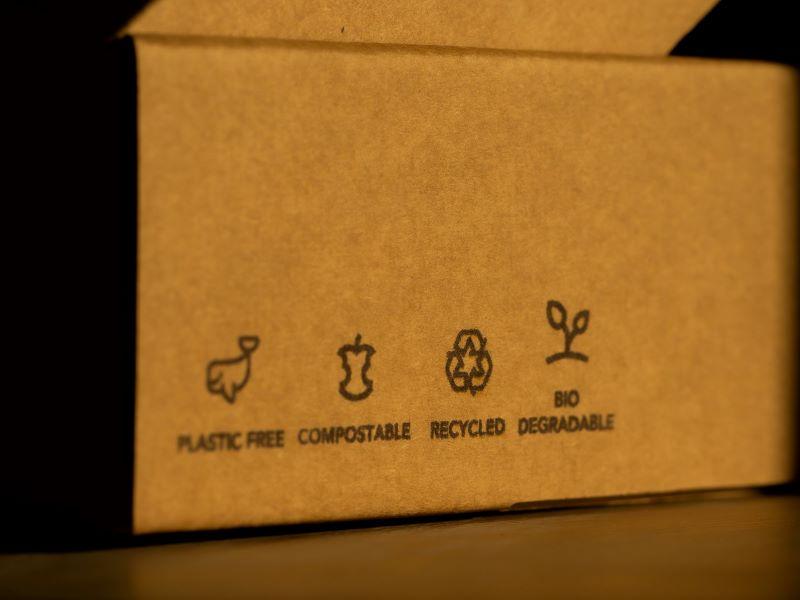
Tackling climate change requires university, government and industry collaboration – here’s how

Higher education has played a crucial role in putting climate change on the global agenda. Now climate solutions must be implemented, leading universities need to add implementation to their existing roles.
Here are four actions that are essential when working on the climate challenge for any organisation, whether a corporation, government or university.
1. Collaborate across disciplines and sectors
Collaboration is essential to address climate change. Siloing is inevitable in and between organisations that run portfolios, departments or faculties. But climate change cuts across silos. No single entity can achieve a net zero future alone.
Mitigation – removing the greenhouse gas emissions that cause climate change – includes identifying the solutions (technological, social, economic) and getting them adopted in the real world. This requires an interdisciplinary approach, drawing on the expertise and skills of multiple faculties, and engaging with industry and government. This multi-stakeholder approach is essential for implementing change at scale and for ensuring that change “sticks”.
- THE Campus spotlight: How universities can work towards the SDGs
- ‘Embrace messiness’: how to broker global partnerships to tackle the Sustainable Development Goals
- How universities can build meaningful collaborations to solve societal challenges
For example, to reduce carbon emissions from building use, the Building Code Energy Performance Trajectory project investigated upfront costs associated with energy efficiency and on-site renewable energy improvements, as well as benefits from reduced energy bills, downsizing of heating, cooling and ventilation equipment, and reduced energy network costs. This involved collaboration among Monash University’s Climateworks Centre, the Cooperative Research Centre for Low Carbon Living, the University of Wollongong and dozens of building industry and government partners. The partners then worked with policymakers and the Australian Sustainable Built Environment Council to facilitate upgrades to the energy requirements in the National Construction Code, which sets industry standards.
Breaking down the silos between, not just within, organisations and sectors is essential. A goal-oriented approach is key – and achieving net zero emissions is the clear goal that can set parameters for drawing in contributions. Universities, by collaborating and co-designing solutions with government and industry, can ensure cutting-edge research is acted on faster than and alongside the traditional route of academic publications.
Collaborations require investment in people and relationships. Created by Monash University and the Myer Foundation to advise business and government on how to decarbonise, the Climateworks Centre works with industry, research organisations, the finance sector and government departments to establish what “good” looks like for decarbonisation and to catalyse its implementation.
A recent example is a collaboration with global investor BNP Paribas, ISS ESG and the Centre for Quantitative Finance and Investment Strategies at Monash University, to create methodologies to design an equity investment index allowing investors to invest in companies best prepared for the net zero transition. The Australian Climate Transitions Index secured early investment from government alongside private investors to demonstrate this. It outperformed the market by more than 7 percentage points in its first year, to October 2021.
2. Backcast for best results
The goal-oriented approach starts with backcasting – defining the desired end point and working back to develop pathways to reach that goal. To address climate change, the end result is to achieve net zero emissions. For mitigation, this means eliminating emissions in as many sectors as possible so we only produce as much as we can sequester.
Mapping out solutions requires systems analysis – understanding the system that you’re working in: How are decisions made? Who’s in the room? What is influencing actions being taken?
We know what needs to happen to meet net zero emissions – the task is to get it done. This leads us back to collaboration. Those in the university sector can’t decarbonise the world alone. We must inform, influence and empower others in government, industry, and civil society to take necessary action. There are many ways this can be done, from university staff taking up formal roles on government and industry advisory bodies to convening round tables and tailoring executive education to senior decision-makers.
3. Embed ‘climate’ in everything
Universities, like governments and corporations, must embody change by enacting their own net zero transition plans. This helps normalise and improve the solutions.
Climateworks Centre worked with Monash to craft a strategy for its campuses to be net zero by 2030. The initiative was awarded the 2018 UN Momentum for Change Award. Universities can set net zero targets, address emissions on campus, such as replacing gas heating and cooling, powering with renewables and investing in batteries and micro-grids. They can go further by bringing forward capital investment to drive scale and underwrite renewable energy power agreements, and integrate physical works with learning opportunities.
Universities can embed the transdisciplinary, goal-oriented approach outlined above in their teaching and research. The current cohort of students can become early adopters of this collaborative mindset, recognising that solutions are richer and more robust when co-designed with other faculties, industry and government. Setting assignments with goals that include addressing decarbonisation and collaborating with more than one discipline and with industry gives students real experience of this.
It is important that universities play a critical role in upskilling those currently in positions of power in these co-design approaches, meeting the demand for executive-level professional development in how to manage business strategy within carbon risk.
4. Look and think internationally
The issue of global climate change by definition crosses borders. So, confronting this issue requires international cooperation. Universities globally are coming together through the Sustainable Development Solutions Network, and many are resourcing cross-faculty units to focus on net zero in research, education, policy impact and physical and financial investments.
The ASEAN Green Futures project, for example, is a collaboration between the Sustainable Development Solutions Network, Climateworks Centre, the Jeffrey Sachs Center on Sustainable Development at Sunway University, and five national research groups from across Southeast Asia (Cambodia, Indonesia, Lao PDR, Malaysia, and Thailand).
The Revitalising Informal Settlements and their Environments (Rise) research programme is a transdisciplinary consortium of communities, researchers, governments, non-profit and industry partners working at the intersections of health, environment, water and sanitation. Led by the Monash Sustainable Development Institute, drawing on expertise from six university faculties, the project is trialling new approaches to water and sanitation management in 24 informal settlements across Makassar, Indonesia and Suva, Fiji. Rise is designing location-specific solutions that integrate green infrastructure, such as constructed wetlands, to strengthen the whole-of-life water and sanitation cycle.
These four actions are essential for meeting the climate challenge. Universities have an integral role to play and must work with companies and governments to embed climate action in their work. Collaboration must cross disciplines and borders. The end goals are well defined, and our climate safety depends on achieving them, together.
Anna Skarbek is CEO of Climateworks Centre, which works within the Monash Sustainable Development Institute to develop the low-carbon economy.
If you found this interesting and want advice and insight from academics and university staff delivered direct to your inbox each week, sign up for the THE Campus newsletter.


